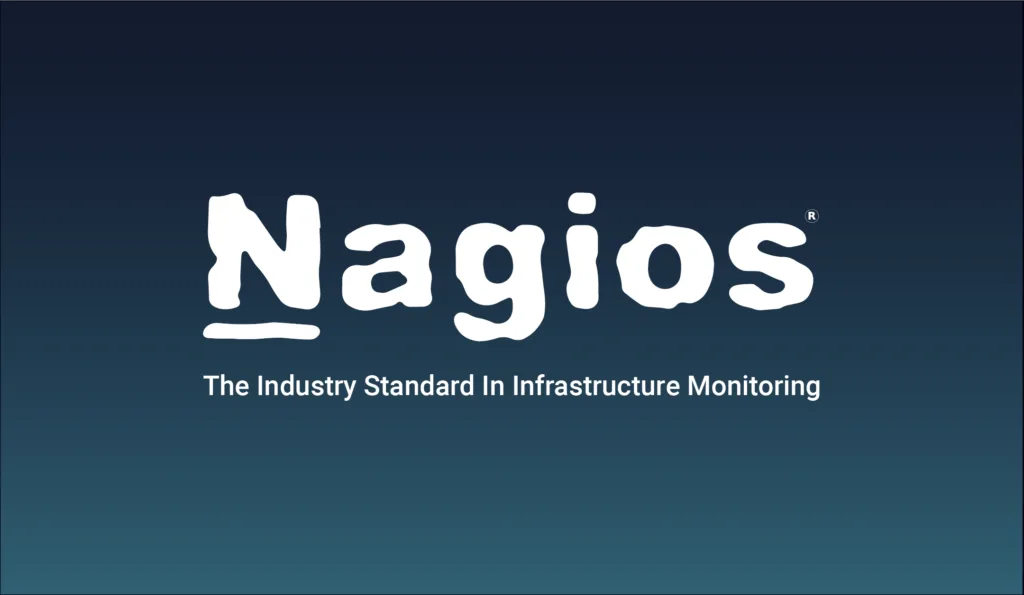Open-source tool for monitoring network infrastructure.
Nagios is an open-source IT infrastructure monitoring solution that provides real-time monitoring, alerting, and reporting for networks, servers, applications, and services. Known for its flexibility and extensibility, Nagios is ideal for organizations that need a customizable monitoring solution capable of scaling to meet complex IT environments. The platform offers features such as network performance monitoring, event log monitoring, and customizable alerts, making it a powerful tool for maintaining the health and performance of IT infrastructure.
Key Features
- Network Performance Monitoring: Monitors the availability and performance of network devices, interfaces, and services, providing real-time insights into network health.
- Customizable Alerts: Sends alerts via email, SMS, or custom scripts when performance thresholds are exceeded or issues are detected, enabling rapid response to potential problems.
- Event Log Monitoring: Collects and monitors event logs from servers and network devices, helping to identify and diagnose issues.
- Extensibility through Plugins: Supports a wide range of plugins and add-ons, allowing users to extend the platform’s capabilities to meet specific monitoring needs.
- Web-Based Interface: Provides a web-based interface for configuring, managing, and visualizing network monitoring data, making it accessible from anywhere.
- Scalability: Capable of monitoring large-scale IT environments, from small networks to enterprise-level infrastructures with thousands of devices.
- Performance Graphing: Visualizes performance data over time through graphs and charts, helping users track trends and identify potential issues before they escalate.
Benefits
- Highly Customizable: Nagios’s open-source nature and plugin support make it highly customizable, allowing organizations to tailor the platform to their specific monitoring needs.
- Cost-Effective: As an open-source solution, Nagios is free to use, with paid support and enterprise features available, making it a cost-effective choice for organizations with tight budgets.
- Community Support: Backed by a large community of users and developers, Nagios benefits from continuous improvements, extensive documentation, and a wide range of plugins.
- Comprehensive Monitoring: Nagios provides comprehensive monitoring capabilities across networks, servers, applications, and services, ensuring that all critical IT infrastructure components are covered.
Strong Suit
Nagios’s strongest feature is its flexibility and extensibility through plugins, making it an ideal choice for organizations that need a highly customizable and scalable IT infrastructure monitoring solution.
Pricing
- Open-Source (Free): Nagios Core is free and open-source, with paid versions like Nagios XI offering additional features and support.
Considerations
While Nagios offers extensive monitoring capabilities, its setup and configuration can be complex, especially for users without prior experience with open-source tools. The platform’s flexibility also means that a significant amount of customization may be required to meet specific monitoring needs. Additionally, large-scale deployments may require careful management to avoid performance issues.
Powerful network analysis tool for monitoring and security.
Data analytics platform with real-time network monitoring.
All-in-one network monitoring solution for uptime and performance.
Summary
Nagios is an open-source IT infrastructure monitoring solution that provides real-time monitoring, alerting, and reporting for networks, servers, applications, and services. Its flexibility, extensibility through plugins, and cost-effectiveness make it an excellent choice for organizations that need a customizable monitoring solution capable of scaling to meet complex IT environments. However, its complexity may require significant time and expertise to configure and manage effectively.














